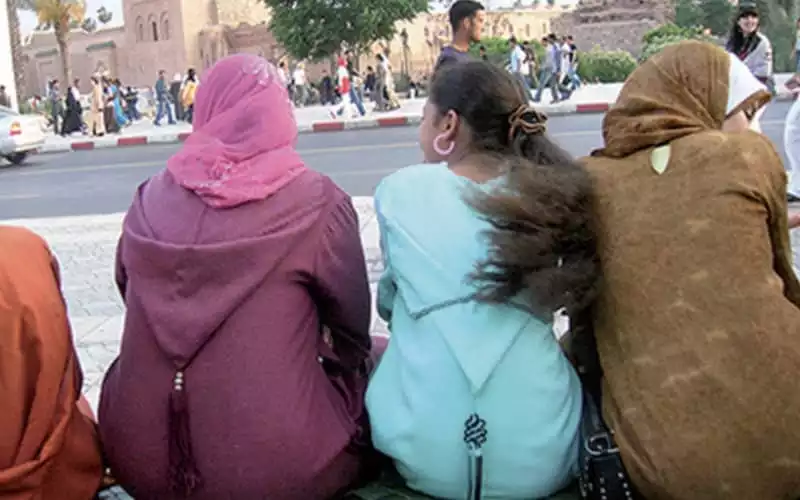Morocco’s Divorce Dilemma: How Article 49 Leaves Women Financially Vulnerable

In Morocco, the issue of marital property in the event of divorce is problematic. The vast majority of women find themselves without economic protection after years of living together. The famous Article 49 is to blame.
The ongoing reform of the Family Code (Moudawana) in Morocco is generating high expectations, but one of its most critical aspects remains insufficiently addressed: the economic protection of women in the event of divorce. The current legal framework on the division of assets places many spouses in a vulnerable situation, where years of contribution to the household struggle to be recognized, as Policy Paper points out in a report published in 2024.
The crux of the problem lies in Article 49 of the 2004 Family Code. It establishes by default the regime of separation of property, meaning that each spouse retains ownership of the assets registered in their name. Although the law allows couples to sign a contract to organize the management of common property, this option is very rarely used in practice, particularly in rural and popular contexts where the contractual formalities surrounding marriage are not an established norm.
In the absence of such a contract, the burden of proof lies entirely with the wife. To assert her rights over the family assets, she must provide tangible evidence of her financial contribution to their acquisition. The task is often complex, if not insurmountable, when real estate and movable property are systematically registered in the husband’s name alone. In many cases, judges adhere to the official ownership of the property deeds when ruling.
This difficulty in providing proof has direct consequences. Some women are forced to give up their legitimate property rights simply to expedite a divorce procedure. The phenomenon is exacerbated by practices of concealment of assets, such as the registration of property in the name of third parties or non-declaration for tax purposes, which aim to remove the assets from any potential claim by the wife.
Beyond direct financial contribution, the issue of unpaid domestic work constitutes another major obstacle. The management of the household and the education of children, although recognized as a contribution to the household by the 2011 Constitution and the international conventions ratified by Morocco, do not translate into any concrete economic rights. The report at the origin of these findings points to a lack of training of judges on the evaluation of this contribution, leaving it without a quantifiable value during the liquidation of the matrimonial regime.
Faced with this situation, a technical solution is proposed by several experts: the establishment of a legal regime of acquests as the default option. This system, in force in many countries, would presume that all assets acquired during the marriage are common, unless proven otherwise. Such a measure would reverse the burden of proof and guarantee a more equitable division by implicitly recognizing the non-monetary contributions of each spouse.
With 24,000 divorce cases registered in Morocco in 2024, a significant portion of which were by mutual consent, the scope of this issue is considerable. Without a clear revision of the mechanisms for the division of assets, the reform of the Moudawana risks leaving a legal and financial insecurity that mainly penalizes women who have sacrificed their economic autonomy for the benefit of the marital home.
Related Articles
-

EU-Morocco Visa Breakthrough: France Leads as 606,000 Moroccans Granted Entry
20 August 2025
-

Morocco Shakes Up Urban Transport: Alsa’s Dominance Challenged as Government Seeks Modernization
20 August 2025
-

Morocco’s Inflation Eases: Food Prices Drop as Consumer Index Falls 0.1% in July
20 August 2025
-

Morocco’s Automotive Boom: From Underdog to European Rival in EV Manufacturing
20 August 2025
-

Moroccan Expats Beware: 5 Costly Customs Blunders That Could Ruin Your Trip Home
20 August 2025